
The electrification of smaller capacity vehicles, such as 2- and 3-wheelers, as well as full-size buses, has gained much momentum around the globe and is increasingly doing so in Africa. However, the same cannot be said of paratransit minibuses, the dominant form of public transport in most Sub-Saharan African countries.
Nonetheless, ongoing interest in the formalisation of mass paratransit and the introduction of other forms of mass transit, coupled with the increasing strategic priorities and policies to promote electric mobility in the region, represent fertile ground for initiating discussions and establishing the enabling conditions for the electrification of minibus services with an African focus.
In the pioneering Regional Exchange on Minibus Electrification in Africa, we brought together decision-makers from government bodies, researchers and scientists from academic institutions in the region, and experts to discuss how to work together to modernise the minibus sector across the continent in Kigali, Rwanda.
Participants explored several propositions and questions on minibus electrification drawing on a draft discussion paper, co-developed by GIZ and VREF. The document contains a set of propositions on potential development scenarios for the electrification of minibuses in African countries, guiding questions to assess the viability of minibus electrification in specific contexts, and an overview of ongoing initiatives and projects aimed at electrifying public transport across the continent. The Africa Transport Policy Program (SSATP) led discussions on the landscape of paratransit reforms in Africa, followed by a lively plenary discussion on the challenges and opportunities for electrifying the minibus sector. Representatives from various African countries, including Ethiopia, Ghana, Nigeria, Kenya, South Africa, Tanzania and Uganda, shared updates on their paratransit sectors, ongoing electrification and other reform efforts, as well as the challenges that they have encountered. Critical voices also emphasised the importance of not losing sight of cycling and walking in the discourse on limiting carbon emissions in Africa.
Key discussion points included the characteristics of paratransit, the roles and responsibilities of key players, and the professionalization of the sector. Important questions raised included the following:
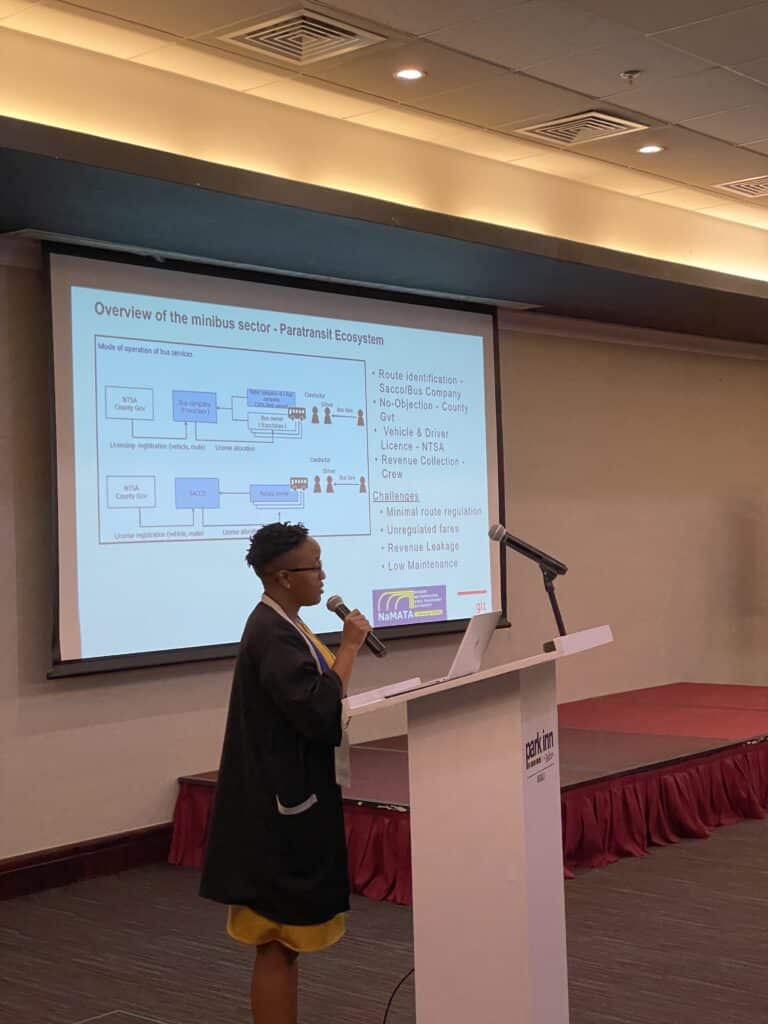
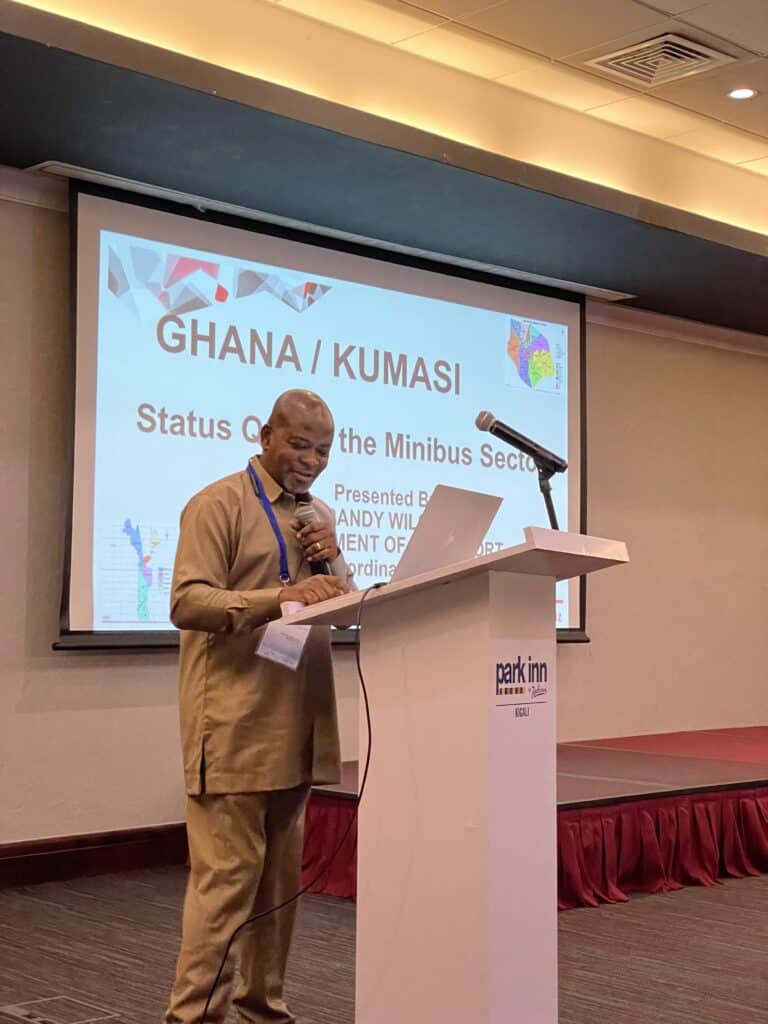
They focus of day two was on the roles and contributions of academia, in particular of the current research landscape in terms of preparations for or experimentation with minibus electrification in South Africa, Nigeria and Côte d’Ivoire, as well as the operational and financial dynamics of electric minibus systems in Kenya and Rwanda. Operational and technological aspects that could either enable or hinder the introduction of electric minibuses were also discussed. Key topics included:
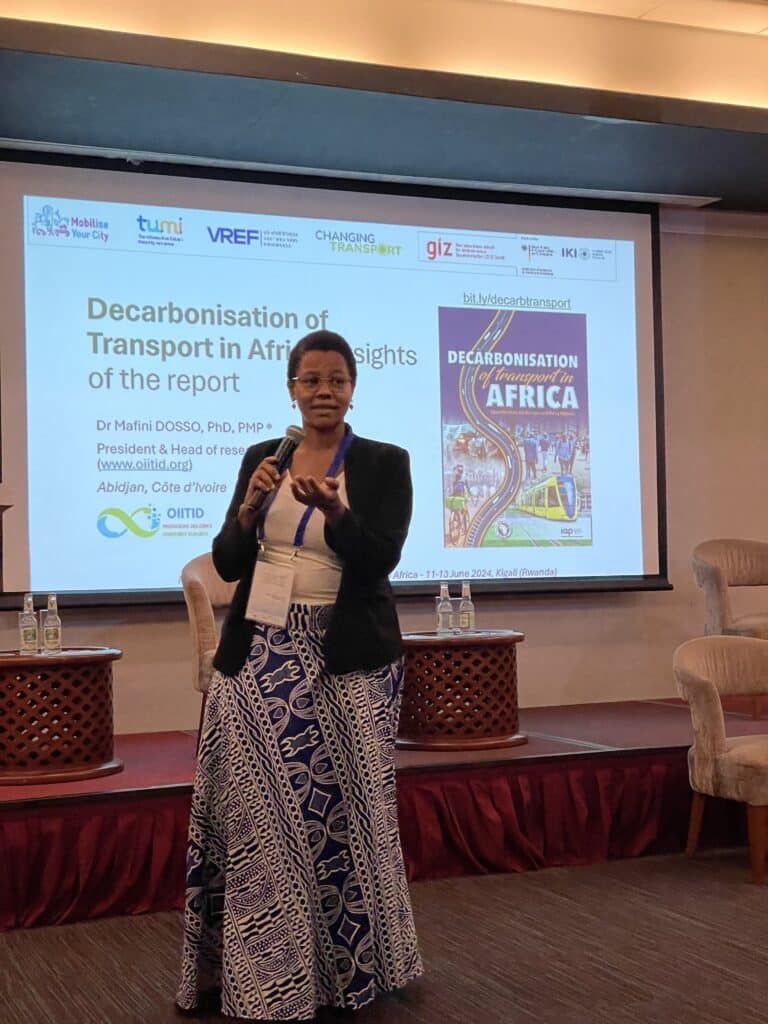
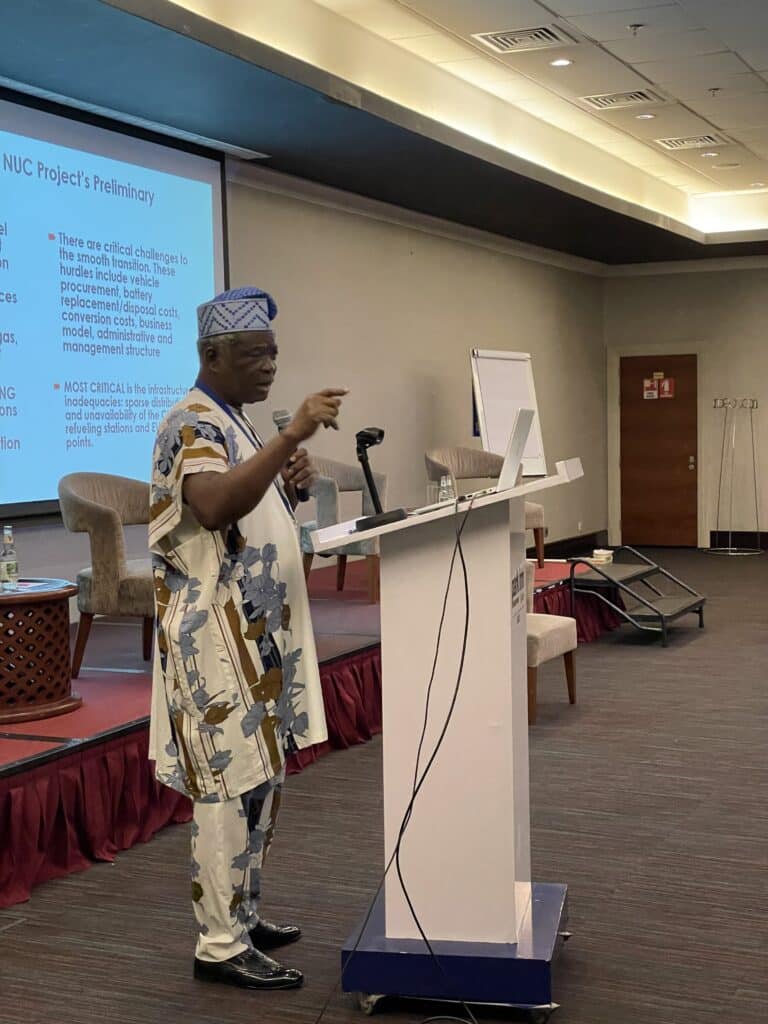
The third day centred on strategic elements crucial for the transition to electric minibuses, including the essential policy and regulatory frameworks. Parallel sessions provided platforms for in-depth exploration of critical topics such as strategic mobility planning, battery circularity, and stakeholder analysis and capacity building. Furthermore, the Transport and Climate Change Week 2024 was launched, looking ahead to how the outcomes of this event and further discussions on sustainable transport can be taken up during the next months.
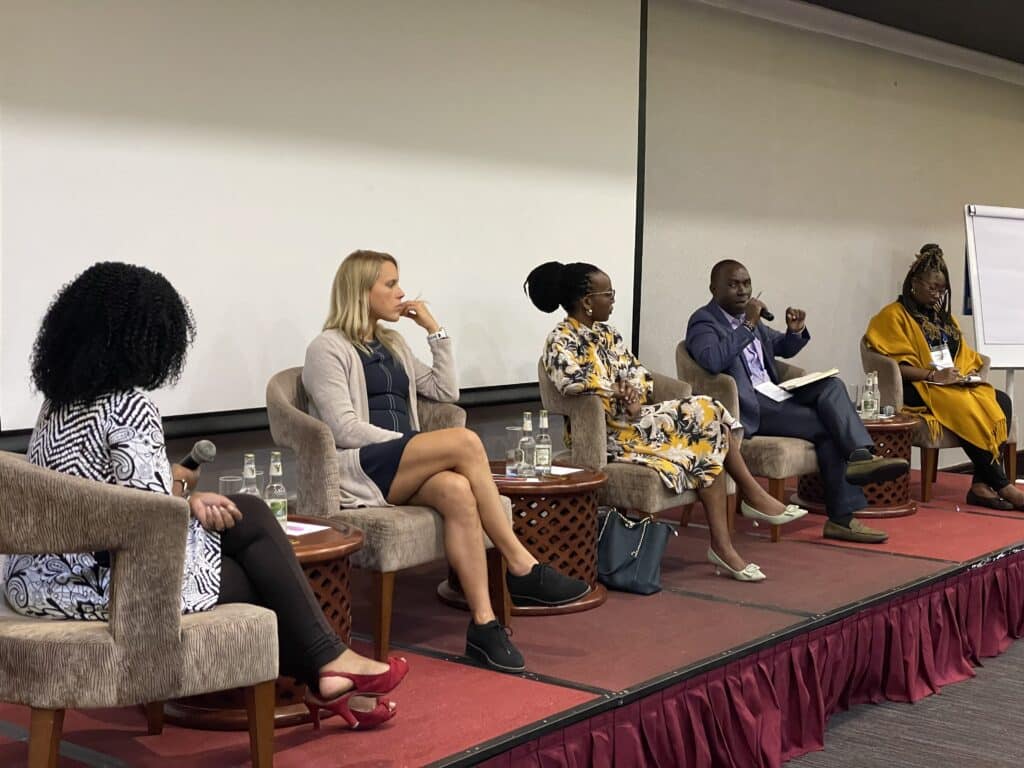
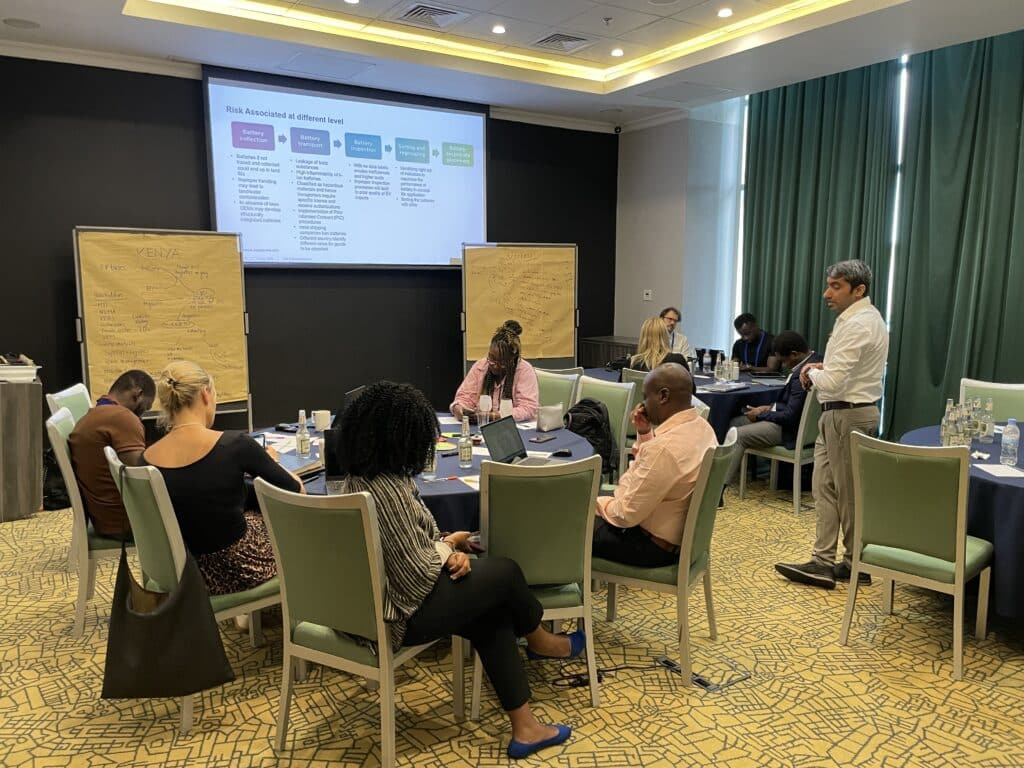
The Regional Exchange has sparked new insights on the topic of minibus electrification in Africa, and we anticipate that it will encourage further dialogue and projects based on these initial reflections. The hosting event partners GIZ, VREF, MYC and TUMI are committed to continue to support the transition of the paratransit sector as a key element of the continent’s transport system.
The event was organised by the International Climate Initiative-funded Mobilize Net-Zero project in cooperation with the Volvo Research and Educational Foundations (VREF), MobiliseYourCity, and the Transformative Urban Mobility Initiative (TUMI).
The Mobilize Net Zero project is implemented by the Deutsche Gesellschaft für Internationale Zusammenarbeit (GIZ) GmbH and is funded through the International Climate Initiative (IKI) of the German Federal Ministry for Economic Affairs and Climate Action (BMWK).
 Group Picture Regional Exchange Minisbus Electification ©GIZ by Marleen Spellenberg
Group Picture Regional Exchange Minisbus Electification ©GIZ by Marleen Spellenberg

Cristal Stefania Cedeño Tobanda
cristal.cedenotobanda@giz.de
Visit profile
Marleen Spellenberg

Mateo Gomez
mateo.gomez@giz.de

Rohan Shailesh Modi
rohan.modi@giz.de